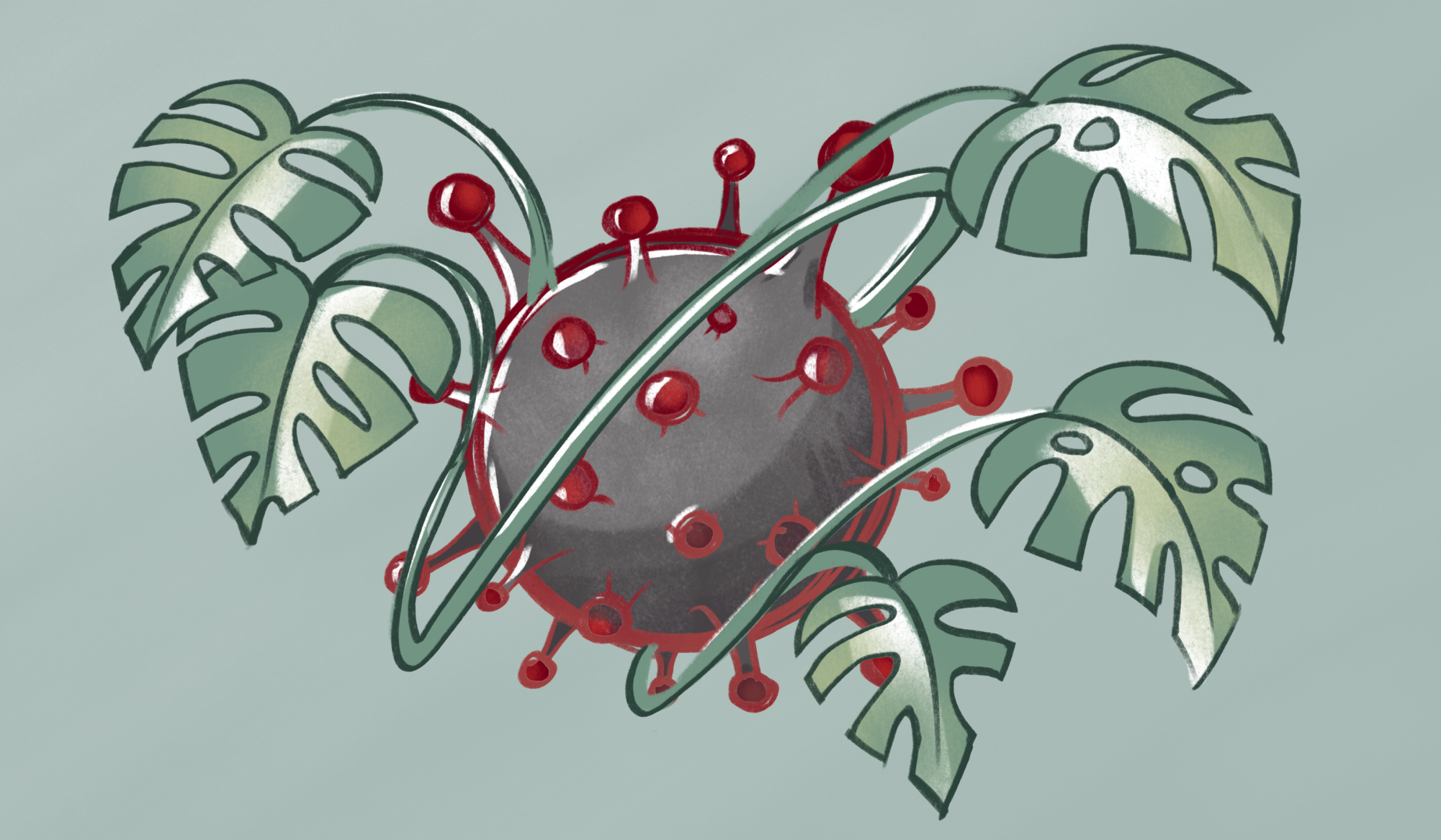UC San Diego researchers have published a study unveiling an experimental treatment that shows success in slowing the growth of metastatic tumors in various forms of cancer within mice.
This breakthrough was facilitated by harvesting and administering the cowpea mosaic virus (CPMV) to the animals. The experiment’s full methodology and findings were published in the Advanced Science journal.
Founding Director of UCSD Center for Nano ImmunoEngineering and Jacobs School of Engineering professor Nicole Steinmetz experimentally utilized this RNA plant virus.
CPMV, a virus that affects the black-eyed pea plant, is non-toxic to humans. In fact, early experiments done by Steinmetz’s lab showed that the mammal body detects CPMV as foreign when injected directly into metastatic tumors. Due to this detection, the mice’s immune response fights the existing tumor injected and proceeding tumors before they are formed.
Steinmetz’s lab acquired black-eyed pea plants and infected them with the CPMV virus. This virus was then multiplied and gathered by the millions to form natural nanoparticles, which could be administered directly to the mice.
Unlike Steinmetz’s preliminary research, these particles were not locally injected into the tumor. Instead, the collected CMPV bodies were administered systemically — or throughout the whole circulatory system — to affect the body’s future immune response.
According to the research article, the treatment was tested on mice who were given CPMV and then induced with metastatic cancer. When testing on mice with colon cancer, the control mice, or those without CPMV treatment, had all died after day 25, while 56% of mice that received CPMV were still alive by this time.
Another round of experimental treatment was conducted after day 40, in which all the surviving mice were re-infected with cancer and the experimental group with CPMV. After 20 days, results showed that over 50% of experimental mice had survived, with the median survival rate for control mice being 20 to 22 days. According to Steinmetz, the focus lies in activating the body’s immune system to preemptively eliminate the disease before metastasis occurs.
By boosting the immune system with the virus after surgery, Steinmetz aims to enhance treatment effectiveness by directing a targeted response to prompt the body towards recognizing metastatic cancer cells as foreign, thus causing a defense.
From this point on, the aim is to prepare for clinical trials. This next step will facilitate safety assessments and further testing on animals with metastatic tumors, and begin to uncover the mechanisms that give CPMV cancer-fighting properties.









